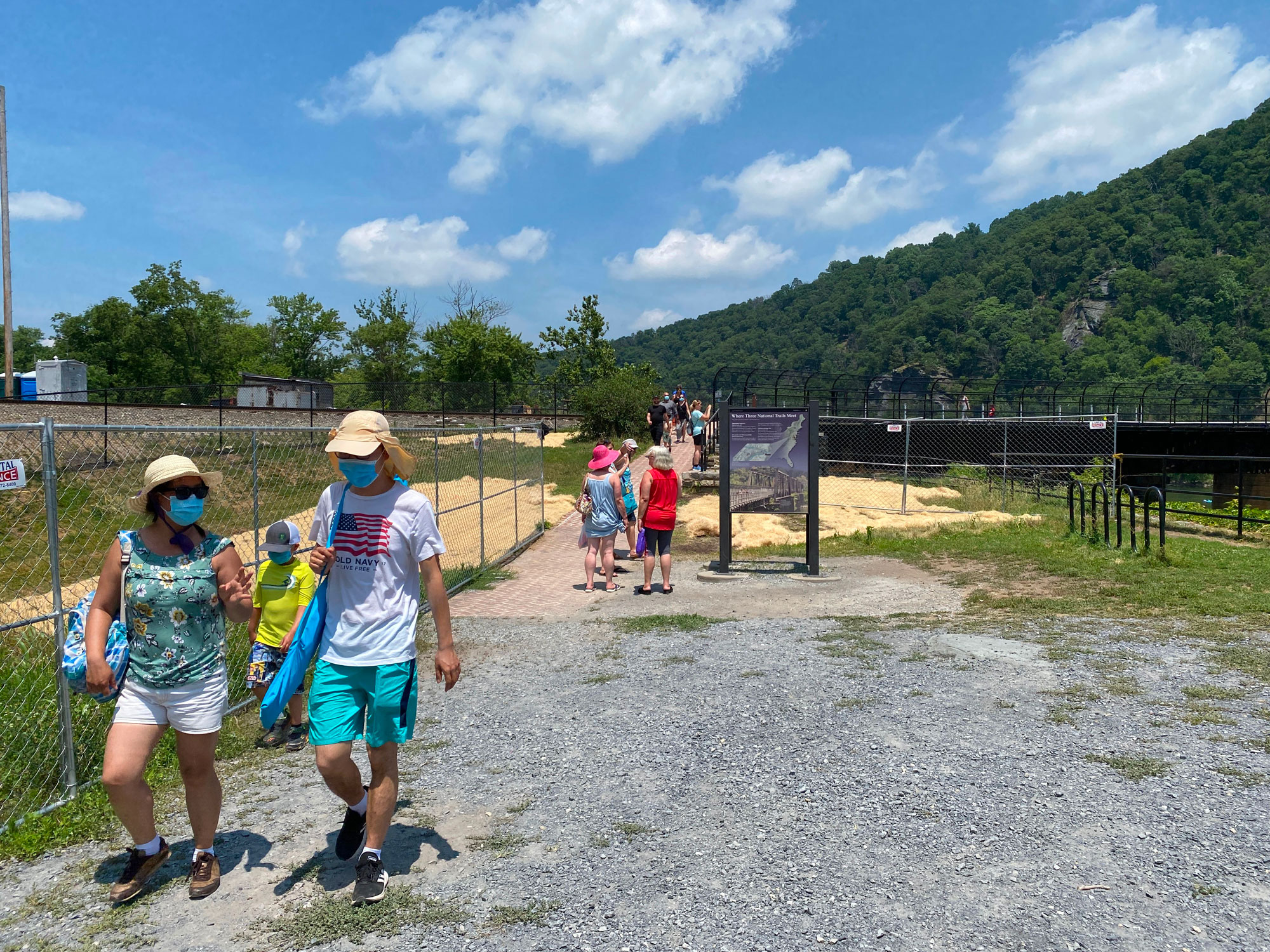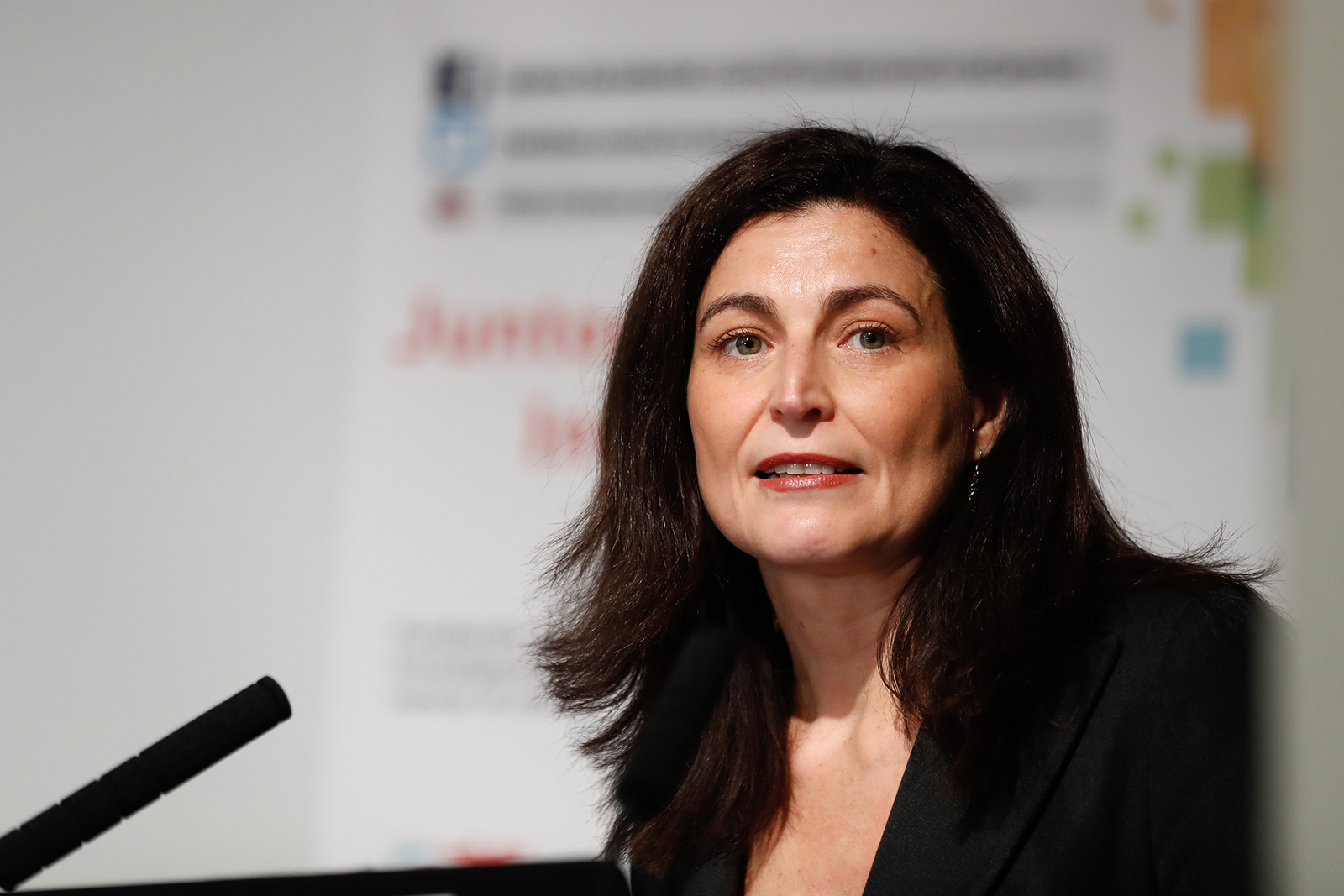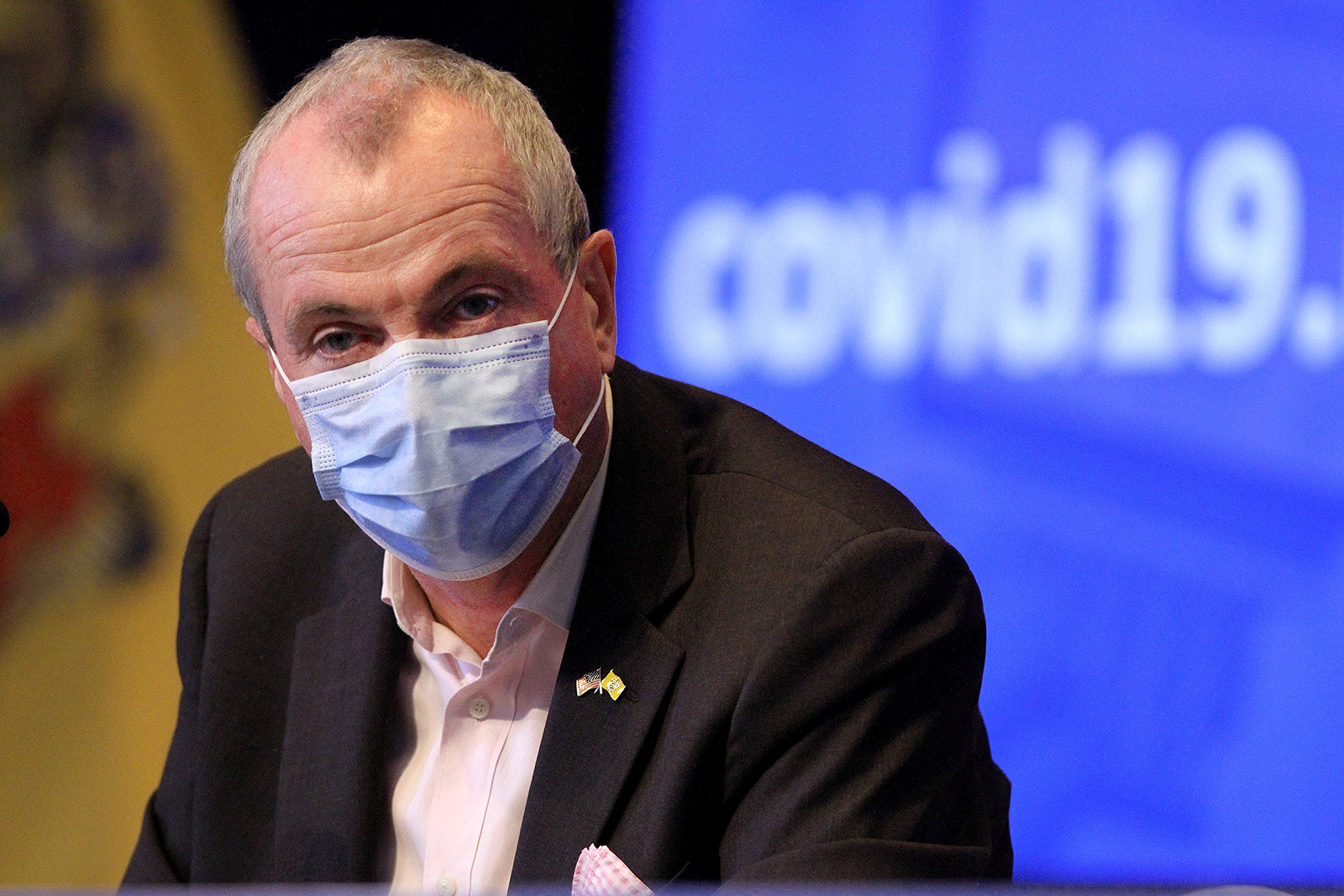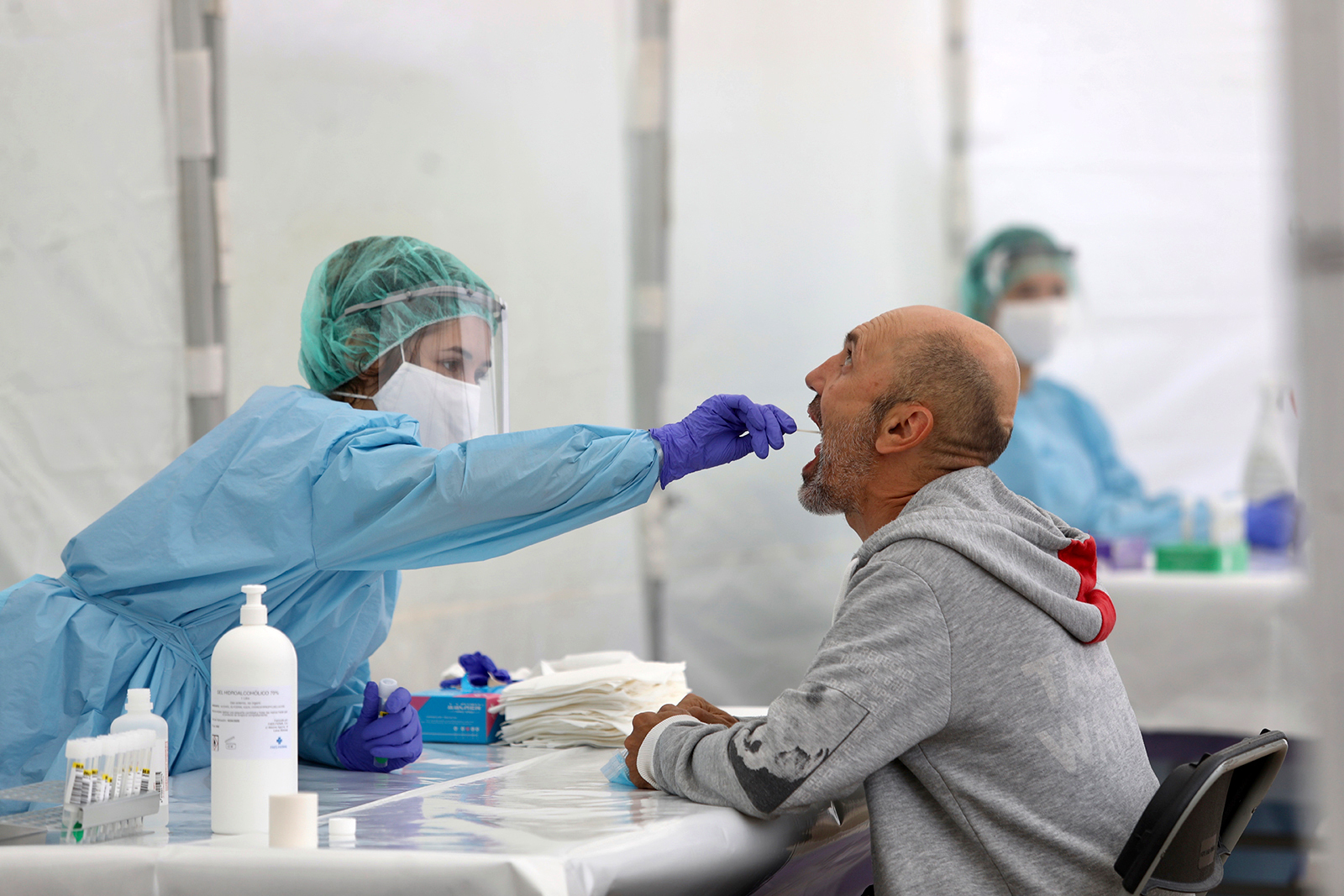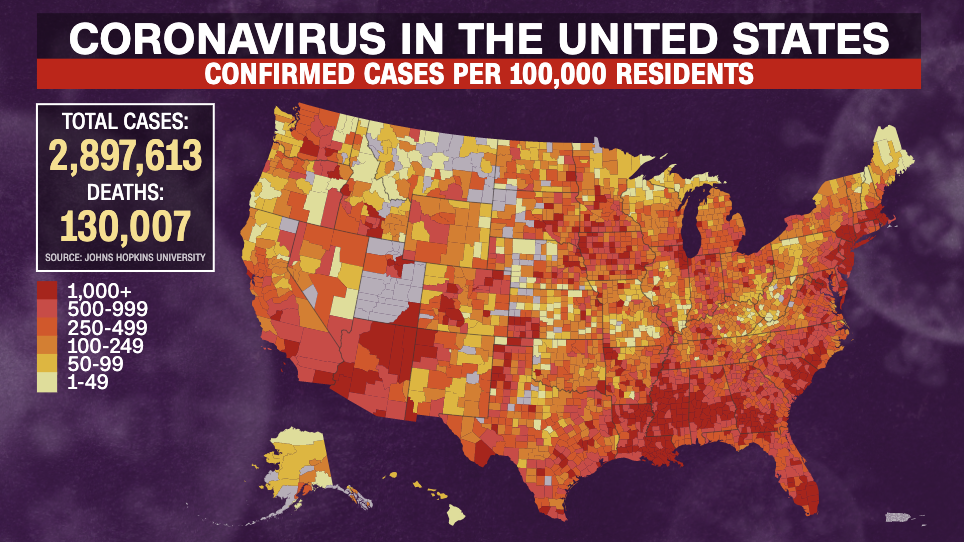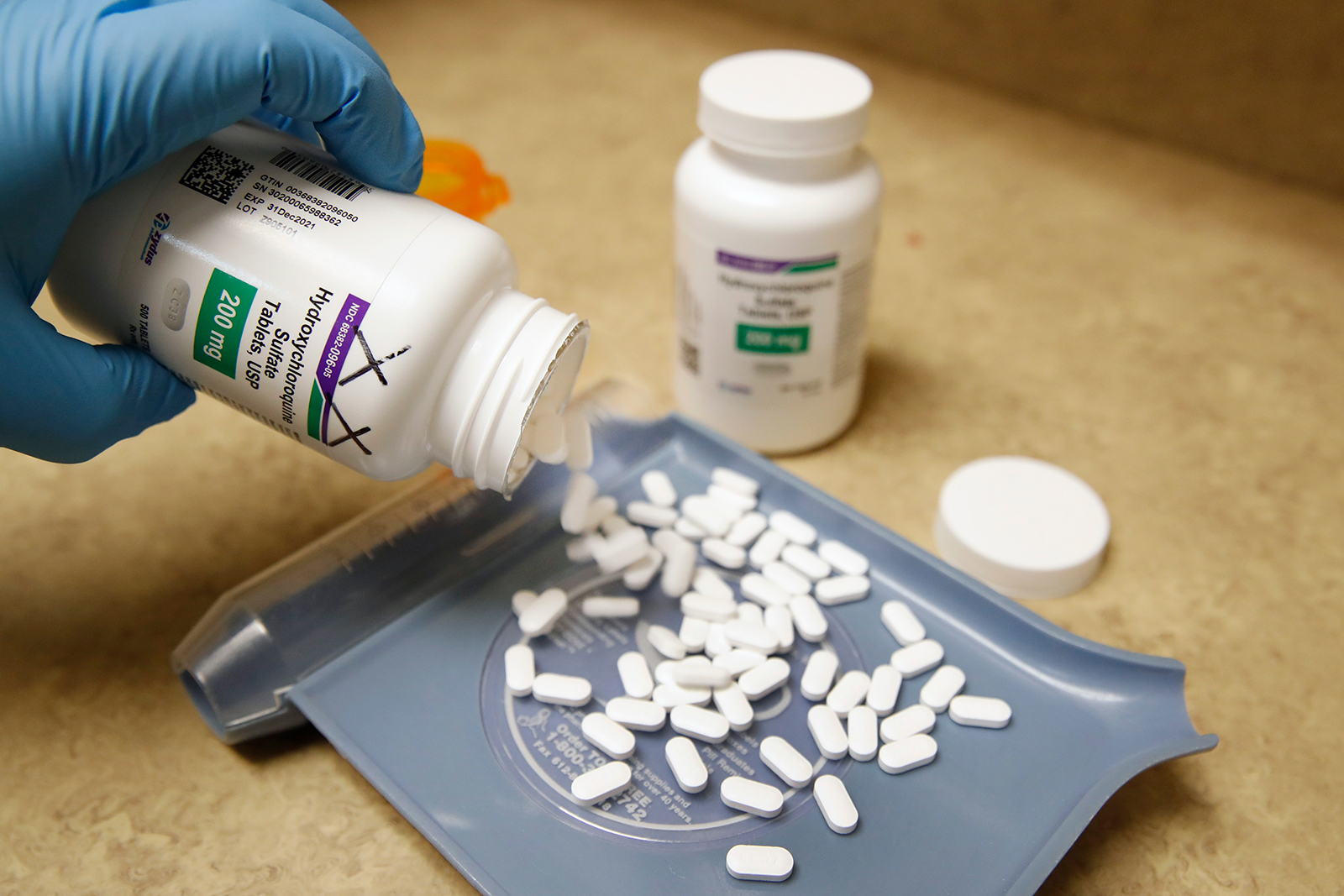Hospitals in at least two Florida counties are about to hit capacity, according to data released by the Agency for Health Care Administration (AHCA), the state agency that reports on available hospital capacity among other aspects of long-term medical care in the US.
This comes as the Sunshine State continues to see a record number of Covid-19 cases. Florida set a record for most coronavirus cases in the US in a single day on Saturday, with a total of 11,458, according to data compiled by Johns Hopkins University, and on Sunday, the state surpassed 200,000 Covid-19 cases.
Here is a look at hospital bed capacity in two Florida counties:
Clay County: The Kindred Hospital North Florida in Green Cove Springs in Clay County reports zero hospital beds available out of 40. Clay County has two other hospitals with 88 beds available out of 401 beds. According to the latest US Census data, the population of Clay County is more than 190,000.
Pinellas County: There are seven hospitals in this county with 10% or less hospital bed capacity available out of 16 hospitals:
- Advent Health North Pinellas: 7% beds are available
- St. Anthony’s Hospital: 2% beds are available
- Morton Plant Hospital: 3% beds available
- Northside Hospital: 1% beds available
- Johns Hopkins All Children’s Hospital: 7% beds available
- Mease Countryside Hospital: 6% beds available
- Encompass Health Rehabilitation Hospital of Largo: 10% beds available
There are 533 hospital beds currently available in Pinellas County out of 2,391 hospital beds, according to AHCA. According to the US Census, the population of Pinellas County is more than 916,000.
Remember: The state of Florida does not release the daily number of Covid-19 patients in hospitals, only releasing hospital bed availability as referenced above. For a full list of hospital capacity in Florida, keep reading here.
CORRECTION: An earlier version of this post misstated the name of the agency that released the data. It was the Agency for Health Care Administration.

